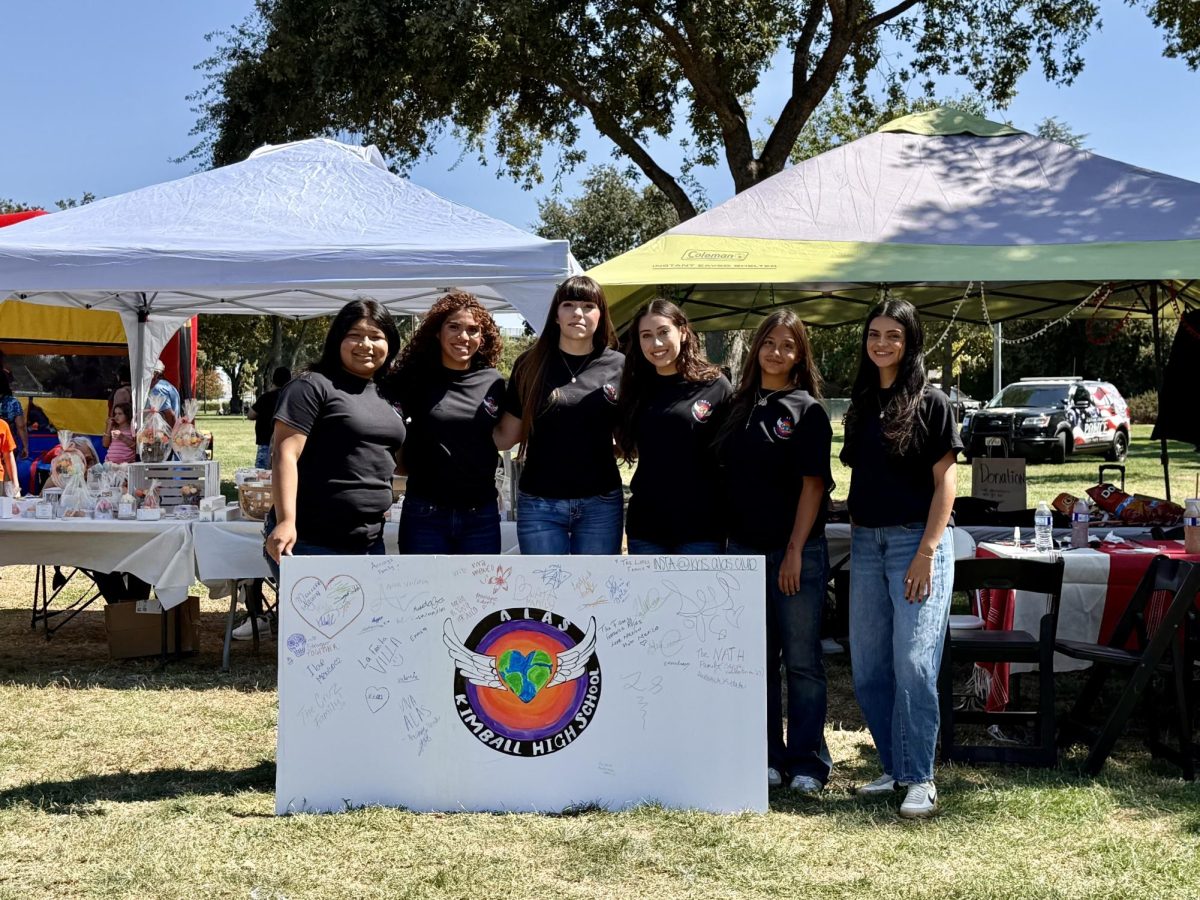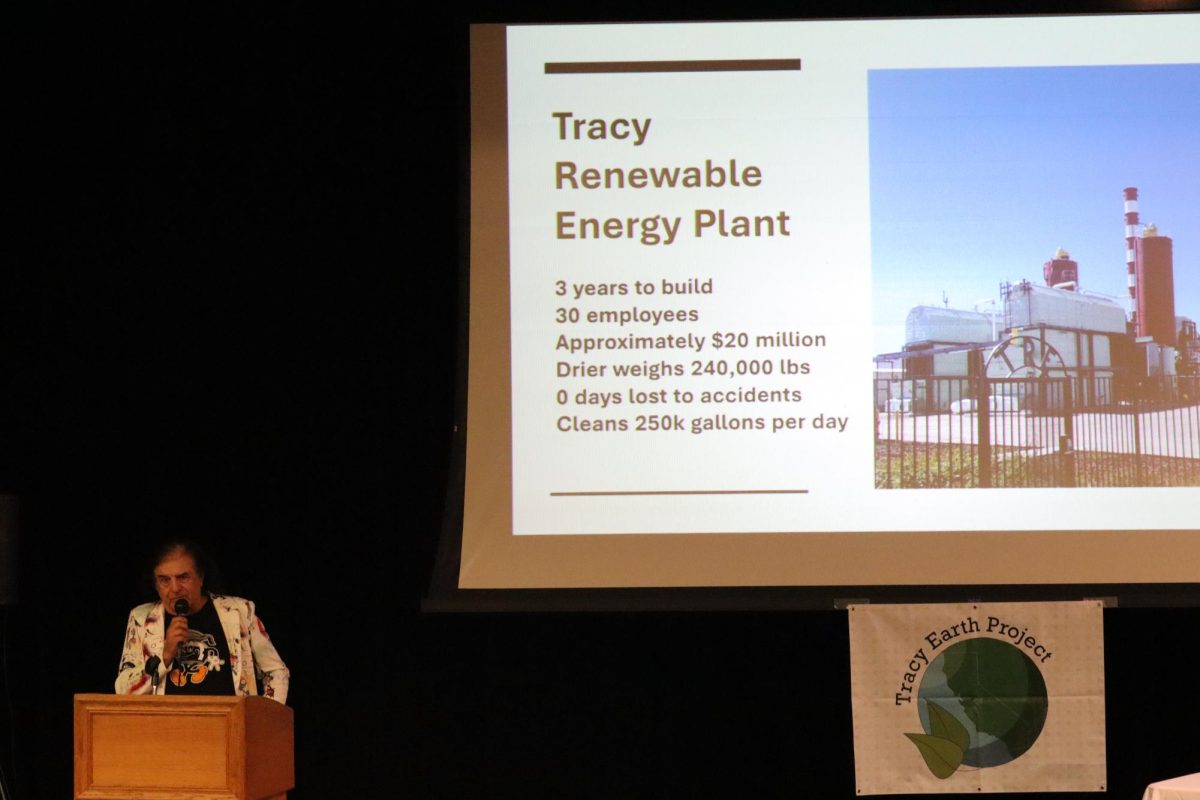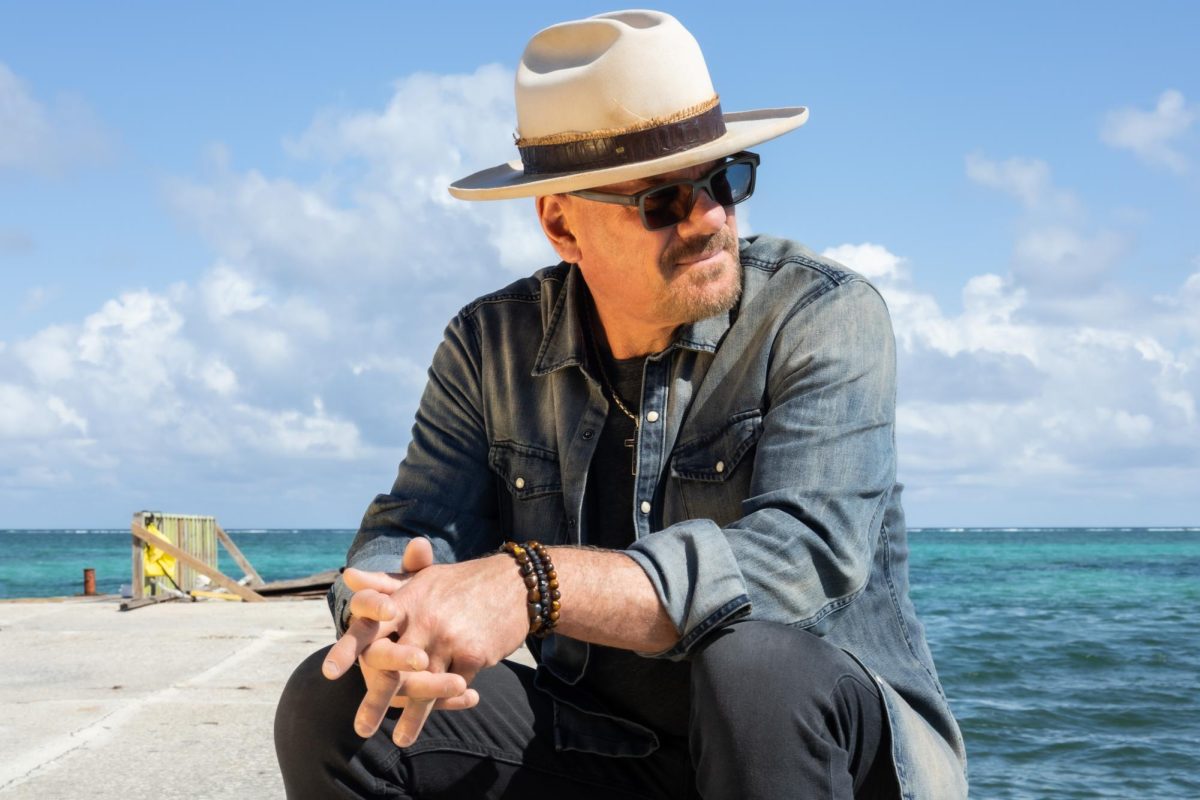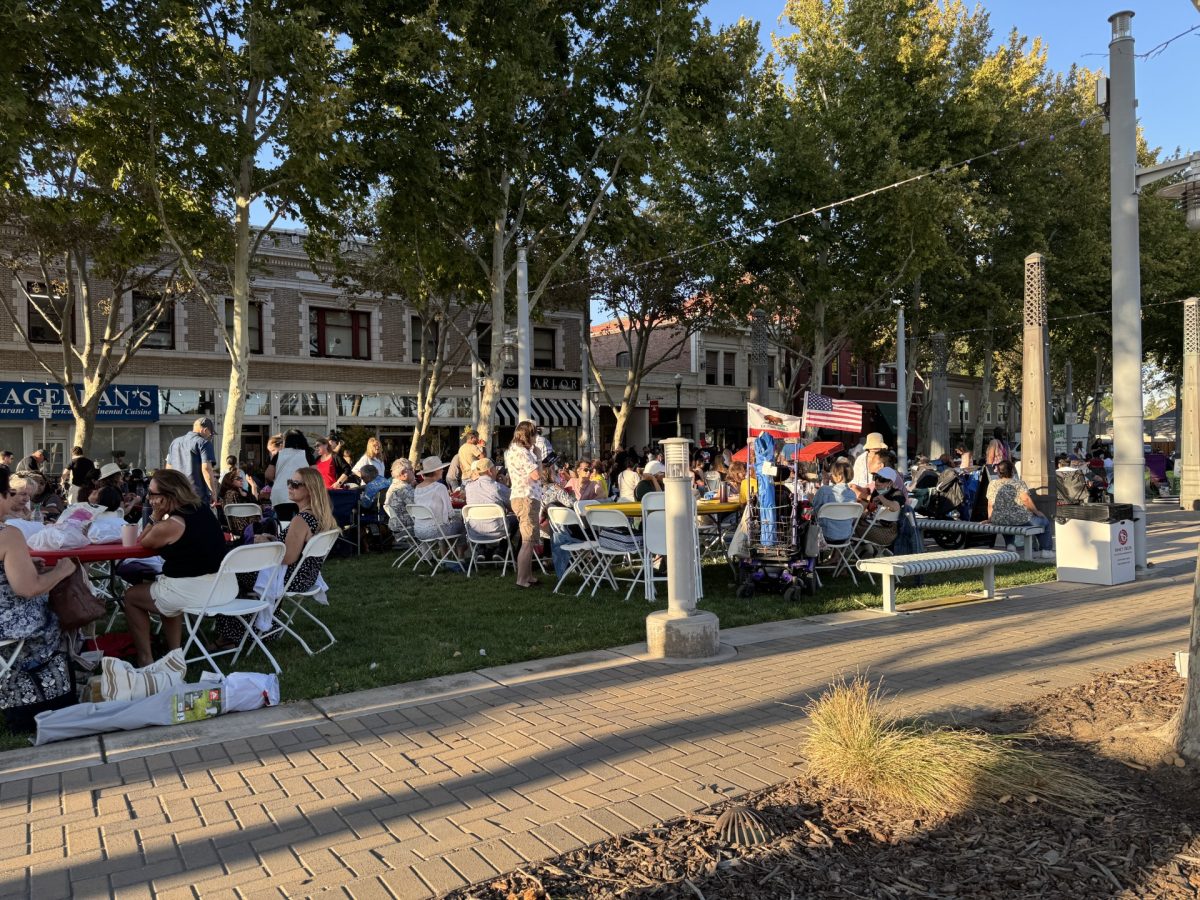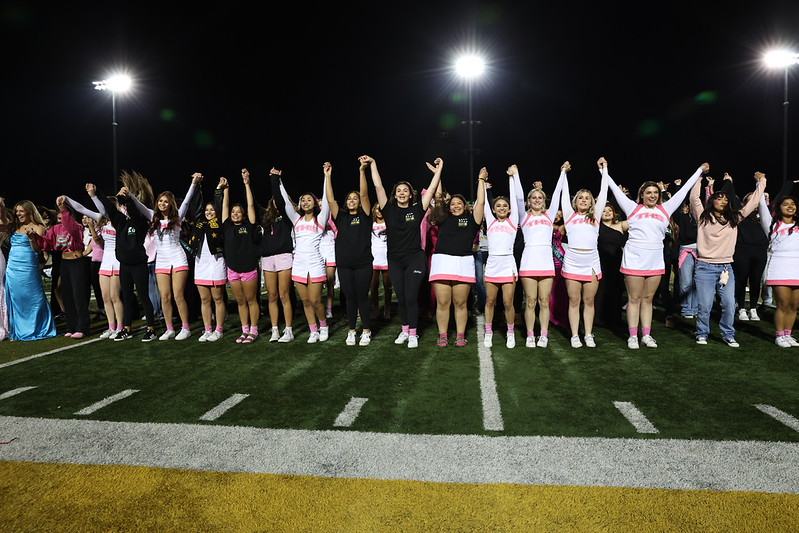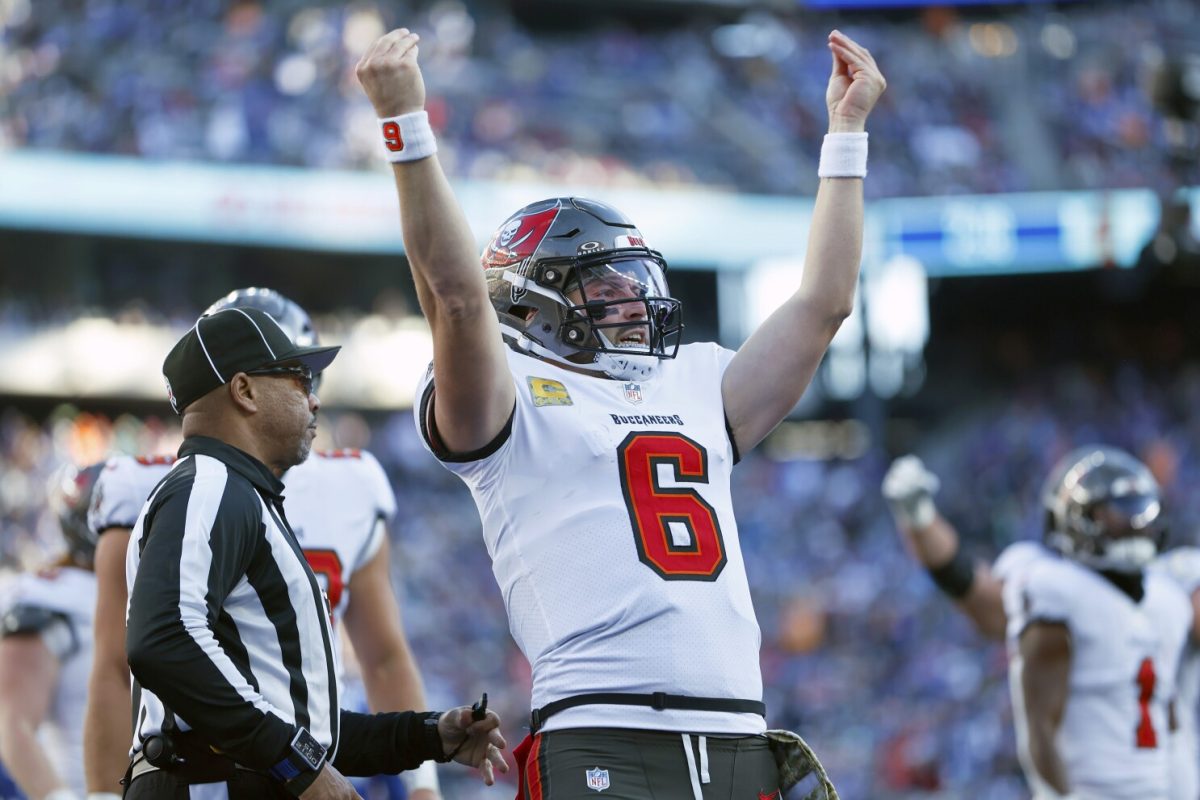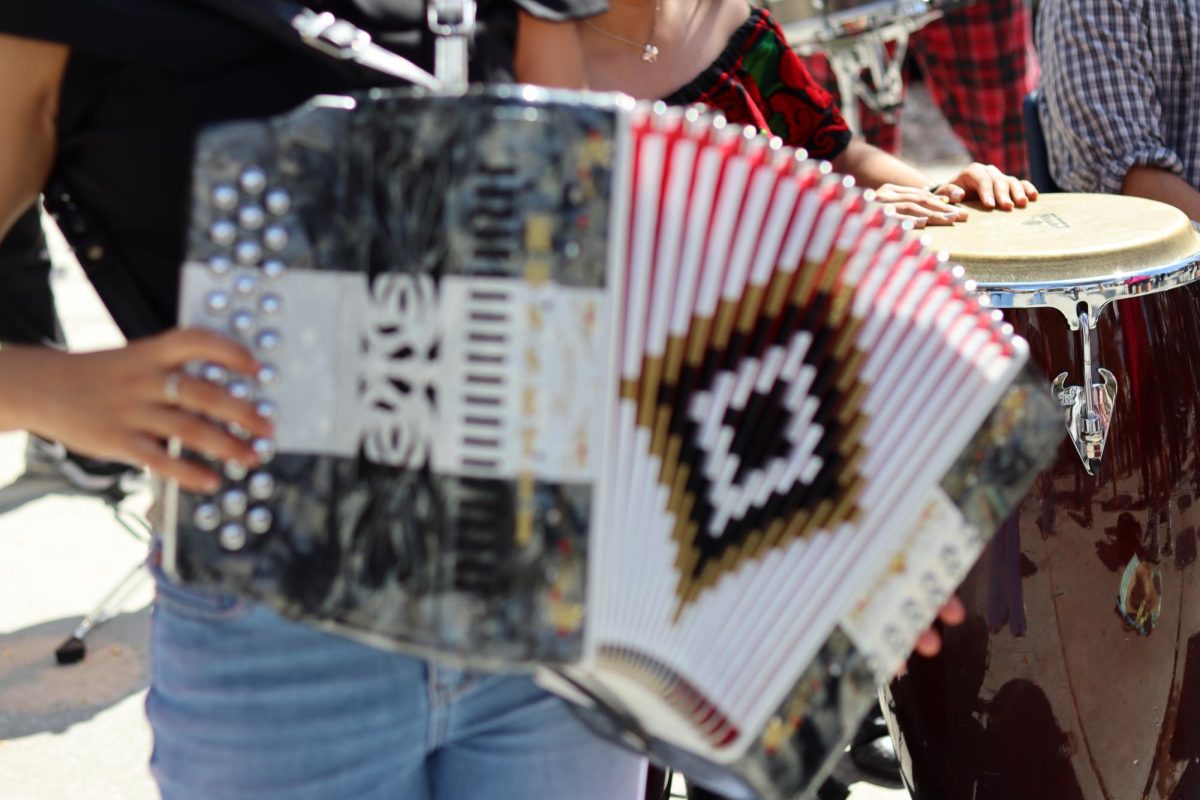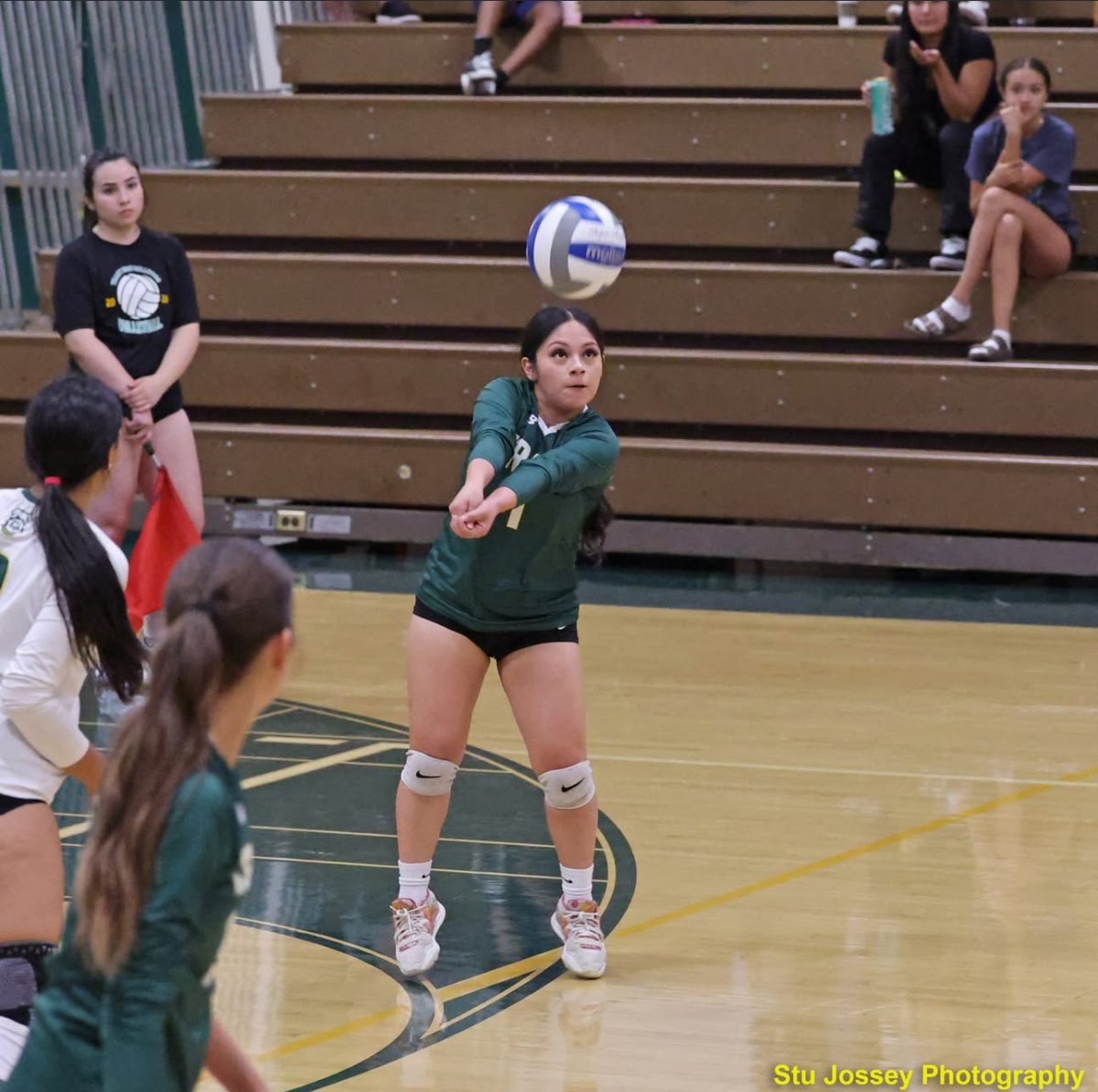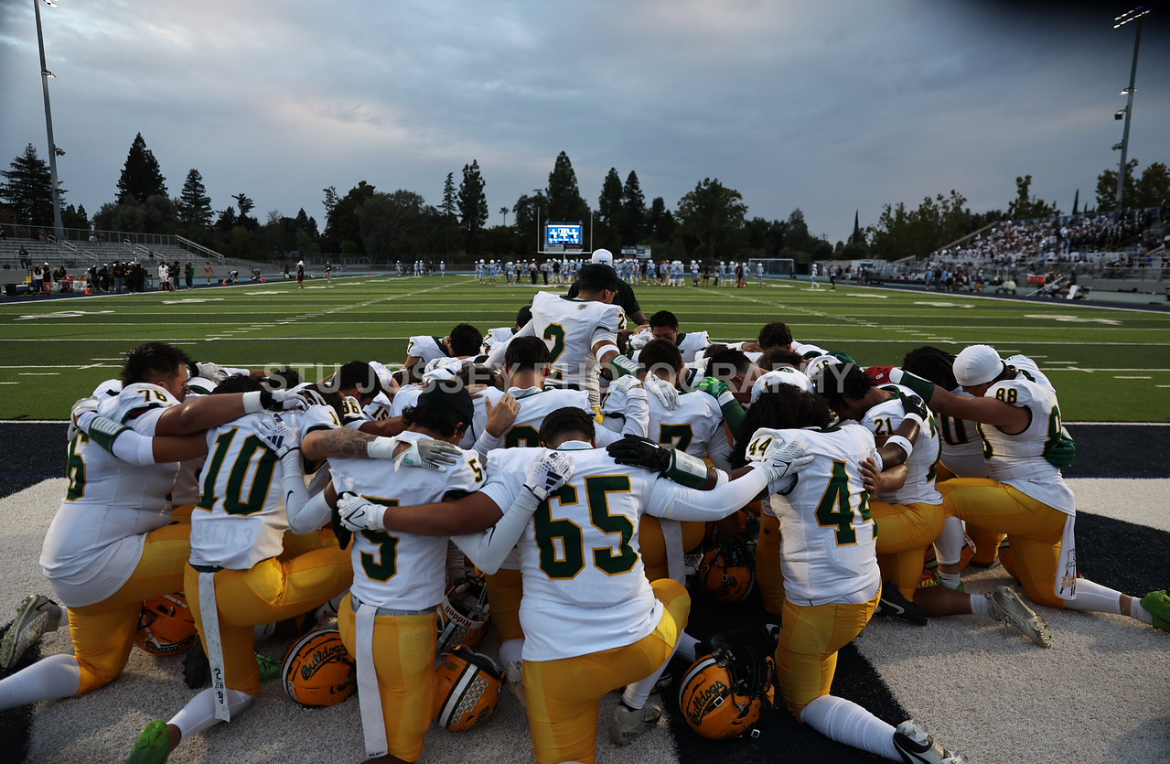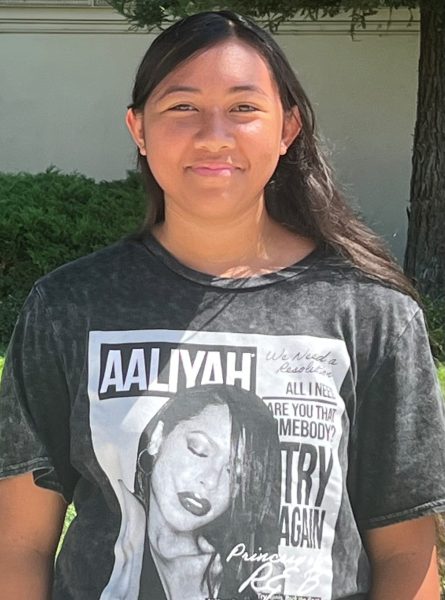Barack Hussien Obama II was the first ever African American president in the United States. Obama served as the 44th president from 2009 to 2017.
Obama was born on August 4, 1961, in Honolulu, Hawaii. His father, Barack Obama, Sr. was born in Kenya while his mother, Ann Dunham, grew up in Kansas, Texas and Washington state before her and her family moved to Honolulu. Obama’s father had won a scholarship to study in the U.S and eventually became a senior economist in the Kenyan Government.
His parents meet at a Russian language class at the University of Hawaii and got married in less than a year later. When Obama was two his father went to study at Harvard University and shortly after in 1964, his parents divorced.
Before his presidency, Obama had represented the 13th district in the Illinois Senate from 1997 to 2004, when he started to run for the U.S. Senate.
When he was elected to the Illinois State in 1997, he helped pass legislation that helped tighten campaign finance regulations. He also expanded health care to poor families and reformed criminal justice along with welfare laws.
In 2004, after defeating Republican, Alan Keys, Obama got elected to be the U.S Senate. While he was campaigning, Obama had gained national recognition by giving a moving speech at the Democratic National Convention.
In his speech, Obama talked about his personal narrative and that all Americans are connected in ways that surpass political, cultural and geographical differences.
Obama’s speech uplifted his career and after taking office the following year, Obama quickly became a major figure in his party.
In February 2007, Obama announced that he would seek the Democratic Party’s presidential nomination for 2008 at the old State Capitol in Springfield, Illinois. It’s also where Abrahham Lincoln served as a state legislator.
Obama’s campaign promise to bring change to the political system resonated with many Democrats.
On January 3, 2008, Obama had won a surprise victory in the first major nominating contest, the Iowa caucus, over Senator Hiliary Clinton, who was favored to the nomination. However, Obama had fallen second to Clinton in the New Hampshire primary.
Nonetheless, Obama won more than a dozen states including Illinois, his home state and Missouri, a traditional political state, on Feb. 7.
There was no clear front runner, until Clinton started to win over large states such as California and New York. Obama started to get an impressive streak of victories later in the month, winning the eleven primaries and caucuses that immediately followed Super Tuesday, which is a day when the greatest number of U.S states hold their primary elections and caucuses.
Obama’s streak had soon slowed down in early March when Clinton won over Ohio and Texas. Obama had lost the Pennsylvania primary on April 22, and two weeks later, he lost in a close contest in Indiana but won the North Carolina primary, which widened his lead over Clinton.
Clinton, however, had initially a big lead in the superdelegates (a Democratic Party officials that divide votes at the convention that were unaffiliated with state primary results), but with Obama winning more states and actual delegates, many drifted away from Clinton and went to Obama.
On June 3, following the final primaries in Montana and South Dakota, the numbers of delegates pledged to Obama surpassed the total necessary to claim the Democratic nomination.
On Aug. 27, Obama became the first ever African American to be nominated for presidency by either major party and went on to challenge Republican Senator, John McCain, for the country’s highest office.
McCain criticized Obama for his lack of experience for the job because he was still a first term senator. But Obama decided to counter and selected Joe Biden, a veteran senator from Delaware who had a long resume of foreign policy and who would also go on to become the 46th U.S. president, to be his vice-presidential running partner.
Obama and McCain’s race to become president were both fierce and expensive. Obama, who was still being boosted with popular support, avoided federal financing of his campaign, and raised hundreds of millions of dollars, most of the money coming from small donations and over the internet from several donors.
These fundraisings gave Obama an advantage and helped him buy enormous amounts of television advertising and organize deep grassroots organizations in key states and in states that had voted Republican in previous presidential elections.
The two gave voters ideal choices. Obama called for a withdrawal of most combat forces from Iraq and rebuilding the tax policy that would bring more relief to lower and middle class. While McCain stated that the U.S must wait to bring back the full victory in Iraq and said that Obama’s offers were long on eloquence but short on substance.
Just weeks before election day, Obama’s campaign caught a grasp on the economic meltdown that had resulted from the fatal failure of U.S banks and financial institutions.
Despite that, Obama had won the election, officially becoming the first ever African American president of the United States. He nearly captured 53 percent of the popular vote and 365 electoral votes. Obama had caught the votes of states like Colorado, Florida, Ohio, and Virginia, which are states that the Republicans had carried in the two previous presidential elections.
Tens of thousands gathered in Chicago’s Grant Park on election night to watch as Obama claimed his victory. Shortly after, Obama had resigned from the Senate. On January 29, 2009, thousands showed up to Washington, DC. to witness Obama taking the oath of office as president.
To improve the image of the U.S abroad, Obama did several things to try to get it done.
He signed an executive order that banned excessive interrogation techniques. He also ordered the closing of the controversial military detention facility in Guantánamo Bay, Cuba, and within a year, proposed a “fresh start” with Russia. Obama then travelled to Cairo in June 2009 to make a historic speech in which he reached out to the Muslim world.
As a result of his efforts, Obama was awarded the 2009 Nobel Peace Prize. Many critics complained that he had made things worse and escalated most of the war and national security policies.
During his time in the office, Obama has made health care better for lower class people in March of 2010. It was called The Patient Protection and Affordable Care Act, (PPACA) Affordable Care Act, (ACA) and “Obamacare”.
Obamacare helped many people struggling with health care and in early 2023, reports show that more than forty million Americans have coverage under Obamacare, which is the highest total on record.
Jocelyne Romero is a senior at Tracy High, and she shares her thoughts on Barack Obama. “I think he was a cool president and I like how he was the first African American one too,” Romero said. “He broke down barriers not only for the African American community but for the whole U.S too,” Romero said.
Layla Moore, a freshmen, also shares her thoughts on the president. “I like how he did the whole Obamacare thing and I know that it has helped a lot of people struggling with insurance and stuff,” Moore said.


